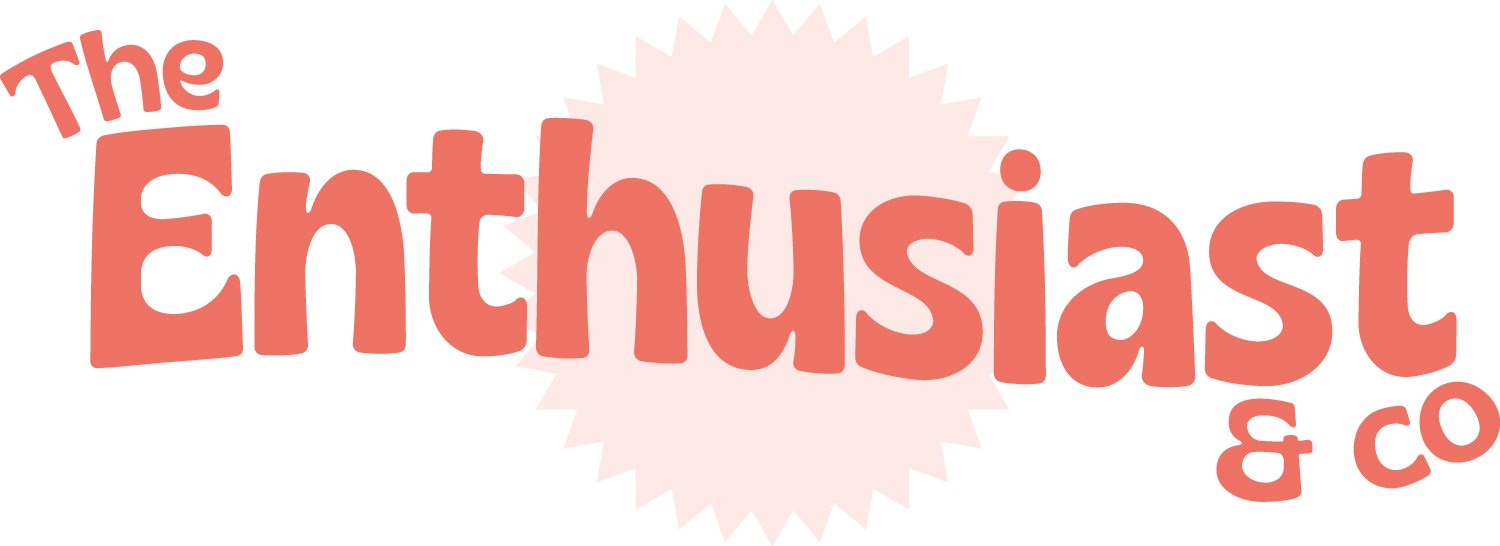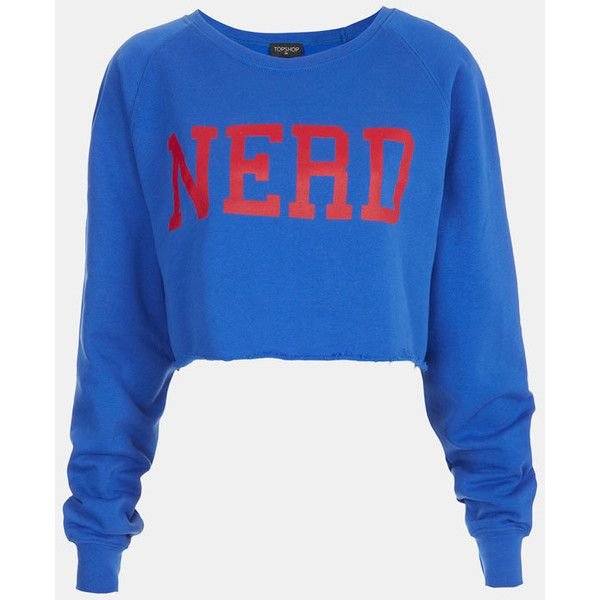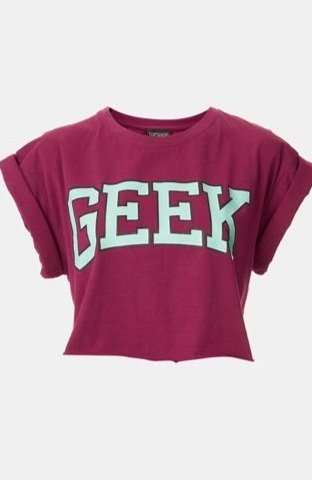Pledge your Topshop t-shirt allegiance: are you a GEEK or a NERD?
From circus freak to Topshop chic, geekiness has a varied history, as does nerdiness. But what’s the difference between a nerd and a geek? The inner enthusiast in me – and, in an extremely meta way, the inner nerd (or maybe geek?) in me – wanted to know.
Cast your minds back to 2012, and picture the scene: the swanky new (as it was then) glass-fronted St Stephen’s shopping centre, Kingston-upon-Hull. Specifically, the Topshop store on the ground floor. It’s either a Thursday night – late night shopping til 8pm – or a Saturday or Sunday, and it’s time to make a tough decision. Are you going to get the GEEK t-shirt, or the NERD t-shirt? To whom are you going to pledge your allegiance? The Napoleon Dynamites and Ozzy Osbornes of the world? Or the Bill Gates’ and Sheldon Coopers?
Suddenly, nerd and geek culture was cool. But it, of course, hadn’t always been that way. The word ‘geek’ dates from at least the 1870s, where it mocked “a foolish or worthless person.” (It’s thought to have come from the 1500s word ‘geck’, which meant a fool, simpleton, or dupe.) In the early 1900s, it morphed to mean a circus-esque performer who horrified audiences by biting the heads of live animals like chickens and snakes – on account of a lack of any other particular circus skills. Isn’t it interesting how it started out as almost the opposite of its meaning now? Then, by the 50s and 60s, it had come to mean ‘an unlikeable brainiac’.
Around this time, the word ‘nerd’ was also gaining popularity. Most places attribute it to Dr Seuss, as he used it in his 1950 book If I Ran The Zoo; however, this theory is unlikely, as it quickly spread amongst teens, who weren’t exactly the target audience of his books. Other commonly posited theories are that it came from saying drunk backwards - knurd - and the 1940s slang word nert, which meant crazy - presumably on account of the obsessive nature of nerdiness. Wherever it came from, a Newsweek article in 1951 referred to the word "nerd" as regional Detroit, Michigan slang for a "drip or a square."
Thus, by midcentury, both geek and nerd had come to mean a studious enthusiast of something, with the negative connotation of it being to the detriment of their social skills, too. Since then geek and nerd have, as many slang words do, been re-appropriated, stripped of their insulting power and turned from into a badge of honour, a symbol of pride: denoting a positive connotation, rather than a negative one. (This isn’t true everywhere, of course: it’s just that the sting has been taken out of the general definition.) As someone who writes for a living – and specialises in writing for enthusiasts, no less – I’m often on the hunt for synonyms for the word enthusiast/fan/lover. So nowadays, what’s the difference between the two? And, importantly, back to the dilemma: which faux-American collegiate letters are you reaching for, GEEK or NERD?
Generally, it seems, ‘nerd’ is used to mean someone who is highly intellectual, academic and wise. On the other hand, ‘geek’ is used to describe someone with similar dedication, but to passions that are less academic and more related to pop culture. Phil LaMarr, one of the voice actors on Futurama, describes Nerd ‘as an intellectual designation. 'Geek' is a social designation.’
But Ellie! You cry. Where’s the SCIENCE in all of this? Fear not. Burr Settles analysed a shedload (that’s a science term for you) of tweets to see what the common themes in nerdiness and geekiness were, and he deduced that geeks were ‘collection’ oriented, whereas nerds are ‘achievement’ oriented. Geeks care more about stuff – the ‘newest, coolest, trendiest things that their subject has to offer’, whereas nerds care more about ideas, and ‘acquiring knowledge and skill over trivia and memorabilia.’ (For example, he found that ‘shiny’ and ‘trendy’ were geeky words, but ‘books’ and ‘chess’ were nerdy. My fave thing about his study is that he was completely thrown by the seemingly random word ‘cellist’ as the highest scoring nerdy word, but it turns out that Olivia Culpo, who won Miss Universe in the middle of his data set, was a self-described “cellist nerd”, and skewed the data. I just love the idea of him being like…cellos?)
image by Girl With Red Hat
Thus, he explains: ‘Geeks are fans, and fans collect stuff; nerds are practitioners, and practitioners play with ideas. Of course, geeks can collect ideas and nerds play with stuff, too. Plus, they aren’t two distinct personalities as much as different aspects of personality.’ And, in part 1 of People I Never Thought I’d Be Quoting On My Blog, Kunal Nayyar (who played Raj from The Big Bang) sums it up really well: so the term 'geek' or 'nerd,' it really just transcends to someone who's very passionate about a certain lifestyle. You see a lot of people living their lives in the middle. These guys don't. They don't live their life in the middle, they go for whatever they want.’
From Raj back to Topshop, in all of its 2012 wonder. The verdict, then, is that it doesn’t really matter. Wear the geek top or the nerd top with your bandage skirt, suspender tights and knock off Jeffrey Campbell boots: it’s totally up to you. You can be a music geek and a science nerd; you can be a cello nerd and a graphics geek. Whatever floats your boat, whatever feels right for you.
(And if you’re wondering which tshirt I did eventually choose, I regret to inform you that I sidestepped the whole semantic shebang, and just went straight for the jumper that said GENIUS. Apologies to everyone who knew me at that time)
header photo by The Blowup



